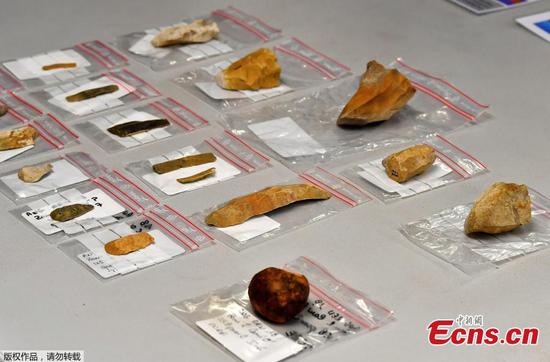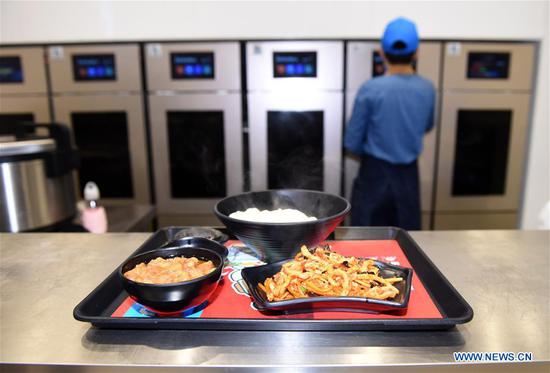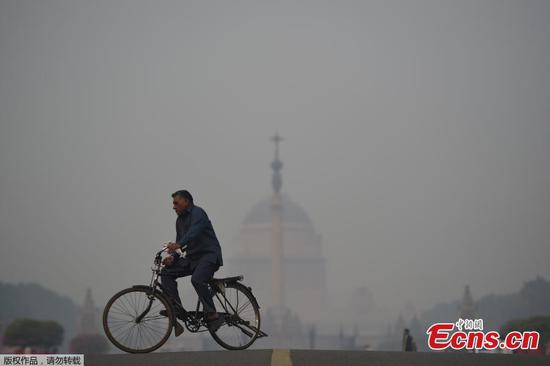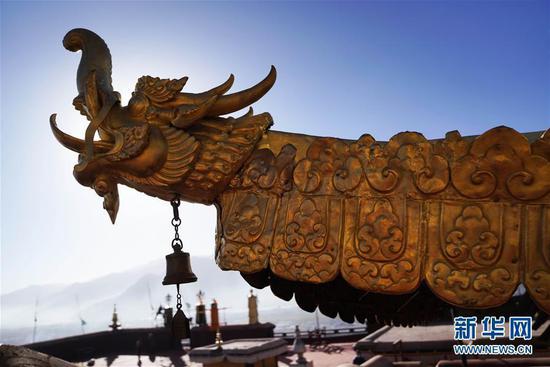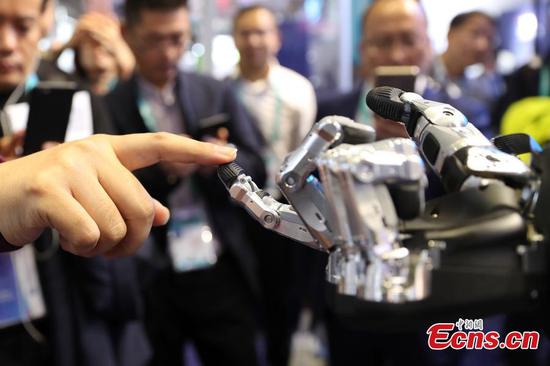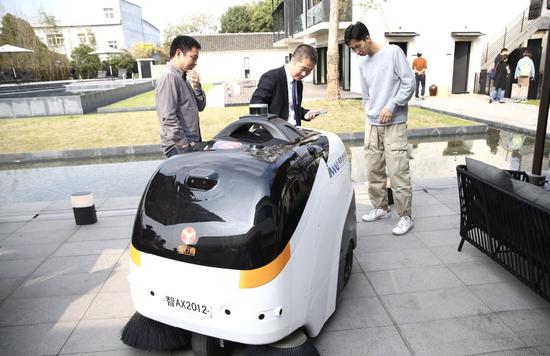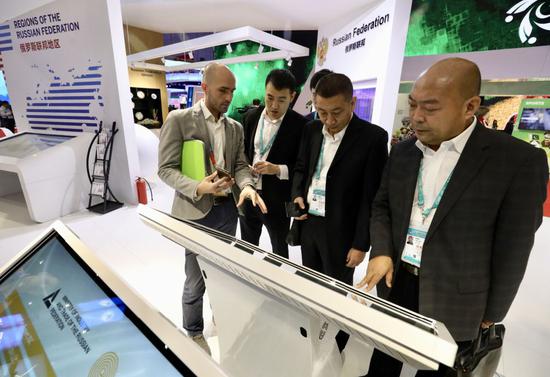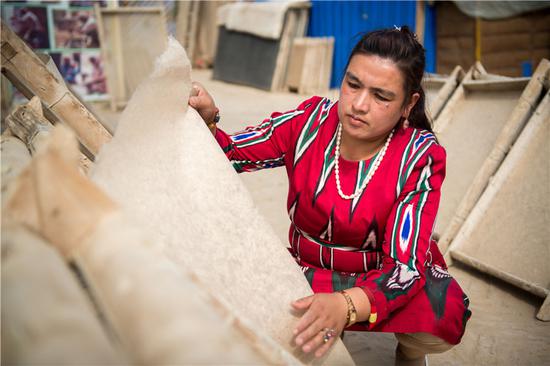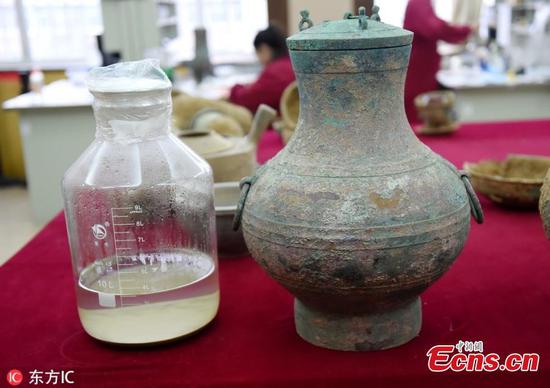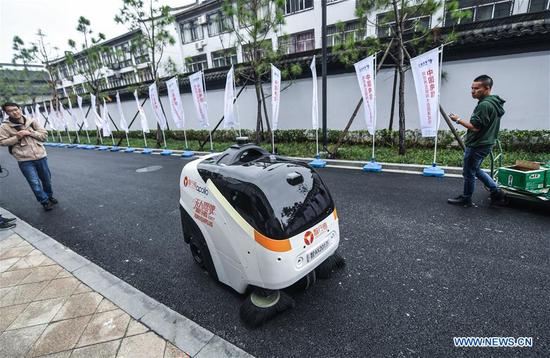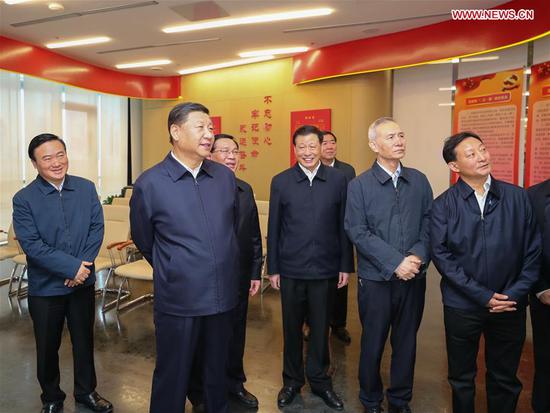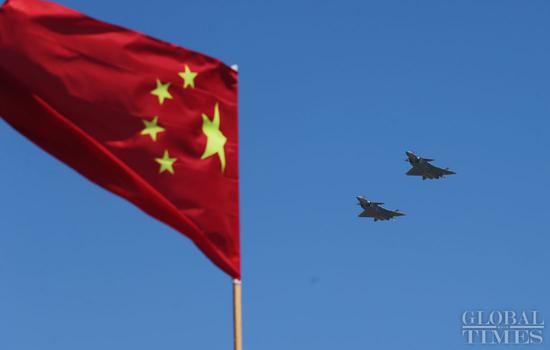Boosting employment high on State Council economic agenda
China will take effective measures to ease private enterprises' difficulties in getting financing and ensure full employment, among its efforts to ensure stable and healthy economic development, Premier Li Keqiang said on Thursday during a meeting of the State Council.
Greater reduction in taxes and fees will help enterprises and boost industrial upgrading, Li said. More job opportunities should be cultivated to boost the development of new economic drivers, focusing on key groups and diverse ways of creating new jobs that will create more social wealth, he said.
Complicated domestic and external challenges led to new downward pressure on economic growth and some difficulties for the real economy and enterprises, Li said. He called for ensuring the Chinese economy remains within a reasonable range and realizing high-quality development by tapping the great potential of the domestic market and growing new drivers.
Li called for carrying out consistent macroeconomic policies and strengthening fine-tuning, with closer attention to changes in domestic and international settings. At the same time, a stable macroeconomic environment should be built to provide the right market expectations.
Improvement of the business environment is key to boosting development and building better conditions for enterprises, focusing on their concerns and thinking from their perspectives, Li said.
Administrative reforms should be deepened to reduce the number of governmental approvals needed, and market access should be expanded for private enterprises, he said. The companies should receive support to enter fields like infrastructure and primary industries. They should also be given more support in key technologies to strengthen competitiveness, he said.
The premier called for coordinating efforts to achieve stable growth, deeper reforms, economic restructuring, improvement of people's livelihoods and dealing with risks and challenges with firm confidence. State-owned, private and foreign businesses should be treated equally, with easier access and better protection for their legitimate rights, Li said.
The meeting focused on the current economic situation, with three entrepreneurs and three economists invited to deliberate on the development of China's economic situation, private businesses, technological innovation and employment prospects.
Huang Yiping, deputy dean of the National School of Development at Peking University, said private enterprises contribute about 70 percent of technological innovations and should have a level playing field. He said tax reduction should be conducted to increase the vitality of market entities amid downward pressure on growth.
Guo Sheng, CEO of the recruitment service zhaopin.com, said data collected by his company and Renmin University of China showed the country's employment was stable in the first three quarters, especially in emerging industries.











